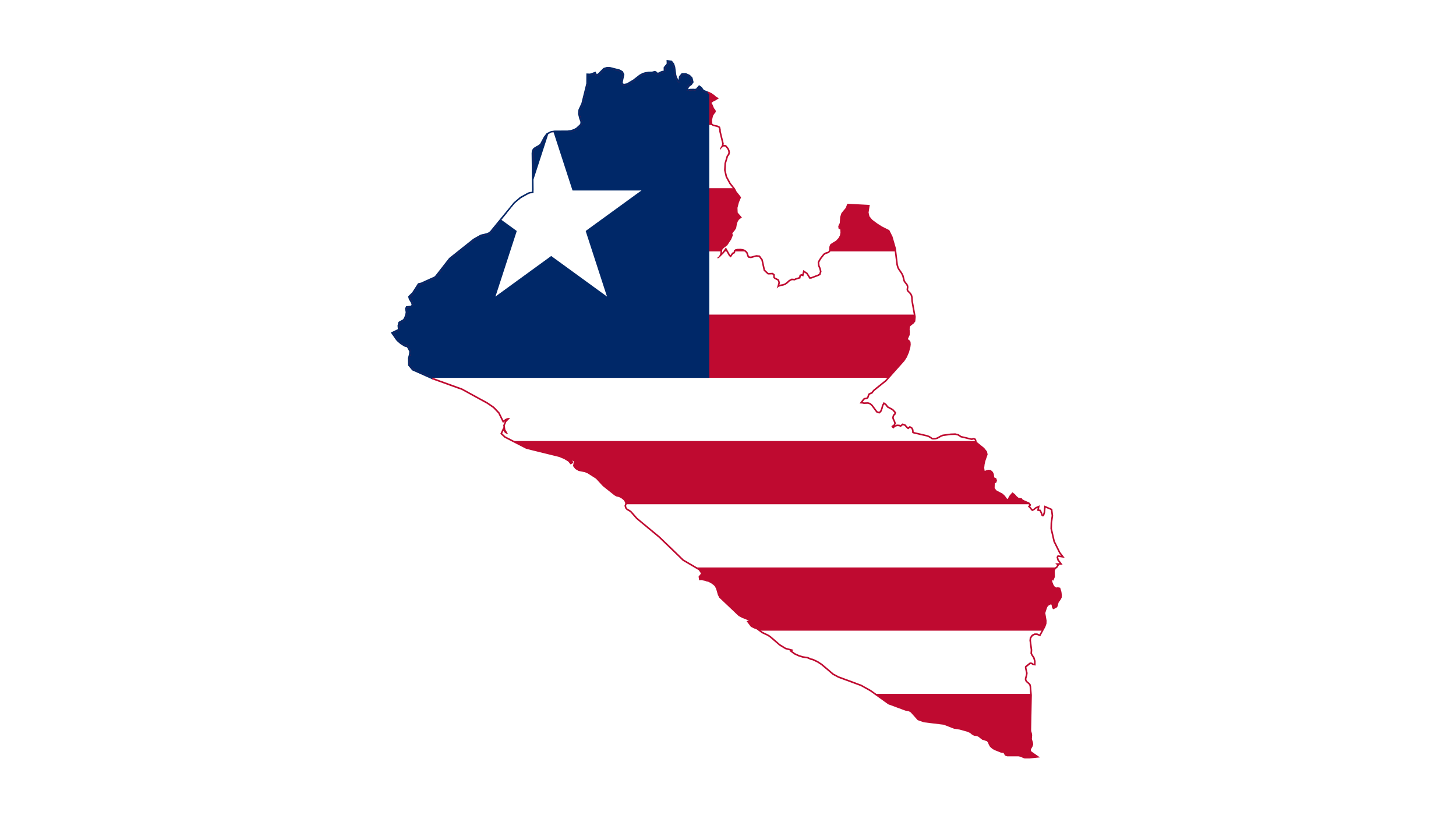DECEMBER 2021 CUT-OFF FOR LIBERIAN REFUGEE IMMIGRATION FAIRNESS APPLICANTS
Form I-485, Application to Register Permanent Residence or Adjust Status with U.S. Citizenship and Immigration Services must be filed on or before December 20, 2020

What is Liberian Refugee Immigration Fairness Provision?
Tucked into the National Defense Authorization Act for Fiscal Year 2020, enacted by Congress on Dec. 20, 2019, was the Liberian Refugee Immigration Fairness (LRIF) provision. This provision allows certain Liberians, and their qualifying family members, to apply for lawful permanent residence (i.e. a green card). The catch is you must file your Form I-485, Application to Register Permanent Residence or Adjust Status with U.S. Citizenship and Immigration Services (USCIS) on or before December 20, 2021.
Am I eligible to adjust status under LRIF?
To apply for lawful permanent residence under LRIF, you must meet the following requirements:
- Be a national of Liberia;
- Show continuous physical presence in the United States from Nov. 20, 2014 through the date you file your application for adjustment of status (i.e. your Form I-485) with USCIS;
- Be admissible to the United States (or eligible for an inadmissibility waiver or other form of relief), with the exception of the following four inadmissibility grounds which do not apply;
- Public charge grounds under INA 212(a)(4) ;
- Labor certification requirements under INA 212(a)(5) ;
- Requirement to have been admitted or paroled into the United States under INA 212(a)(6)(A) ; and
- Documentation requirements under INA 212(a)(7)(A) ;
- Have not been convicted of an aggravated felony;
- Have not been convicted of two or more crimes involving moral turpitude (other than a purely political offense);
- Have not ordered, incited, assisted, or otherwise participated in the persecution of any person on account of race, religion, nationality, membership in a particular social group, or political opinion; and
- File your Form I-485 with USCIS on or before December 20, 2020.
|
FREQUENTLY ASKED QUESTIONS
Which of my family members qualify to seek adjustment of status under LRIF?
Your spouse, unmarried children under 21 years old, and unmarried sons and daughters over 21 years of age living in the United States may also apply to adjust their status to lawful permanent resident. The qualifying relationship must exist at the time your family member files for adjustment and at the time his/her adjustment application is adjudicated. |
Not sure which option is right for you? Request a confidential consultation today.

